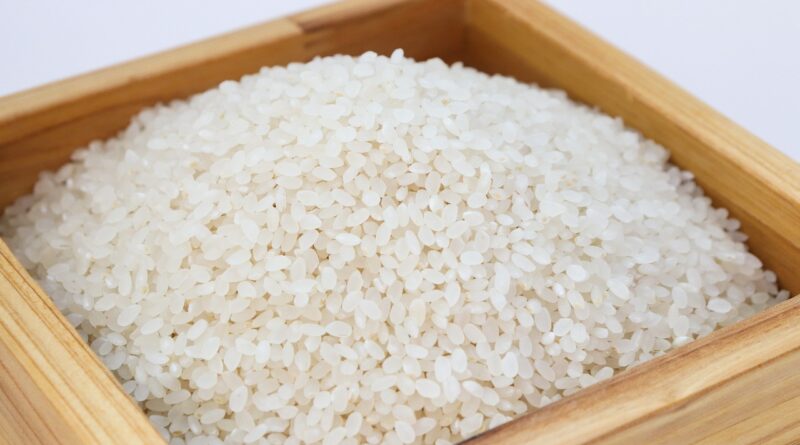Paddy procurement takes a hit as Vaigai water release delayed in Madurai (Tamil Nadu)
Cultivation of samba paddy was affected, which ultimately led to a 50% drop in paddy procurement this year, as the release of Vaigai water was delayed in Madurai.
Insiders from the paddy and rice trade industry stated that considering the increasing demand for paddy, action has to be taken to increase cultivable areas across the state.
According to the agriculture department, nearly 50,000 hectares are used for samba cultivation in Madurai. Owing to the delay in releasing Vaigai water, the paddy cultivation area, as of March, has dropped to 40,832 hectares. Over 90% of the harvest has been completed across the district, while harvest is yet to begin in the remaining areas, where cultivation started after much delay.
A senior official from the agriculture department stated that the farmers were able to get a bumper yield, despite the delayed start as an average yield of 1.5 to 2 metric tonnes per acre has been reported in the district.
The official added that areas, including Chellampatti, Alanganallur and Madurai West and some areas in Melur are yet to complete the harvest process.
A senior official from the Tamil Nadu Civil Supplies Corporation department stated that over a couple of months, about 38,000 metric tonnes of paddy have been procured through DPCs to date. Notably, the procurement volume is nearly 50% lower than the previous year, which was well over 80,000 metric tonnes. Currently, 40 DPCs are active and farmers have requested an additional three-four DPCs in the district for procuring samba paddy.
The official added that following the final phase of the harvest, another 10,000 metric tonnes of paddy is expected to be procured in the coming weeks in Madurai.
Ravi, a farmer, added that comparatively, the demand for paddy is higher in the open market, causing a surge in prices. While DPC prices range between Rs 20 – 21 per kilo, open market prices hover above Rs 23. Meanwhile, farmers have demanded that the procurement price of paddy be increased to above Rs 35 per kilo.
Speaking to TNIE, A Anbarasan, MADITSSIA food panel chairperson, said, “The demand for rice in the international market has increased in recent years. The open market price for paddy will be higher, irrespective of the price the government sets. Thus, the government must take measures to increase cultivation across the country.”
“Even though the union government has come up with measures to benefit agro-based industries, the state government has not done much over the years, despite giving assurances,” he said.
Experts have urged the state government to act towards aiding the development of agro-based industries in the state.
This article has been republished from The New Indian Express.

